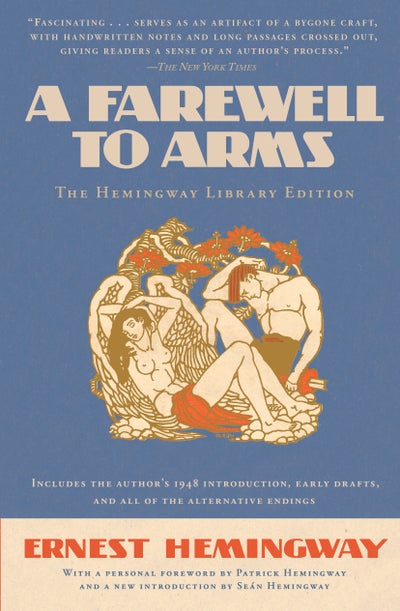61.00AED
64.05-
Lowest Price 61.00
-
Highest Price 72.60
-
Recent Price Drop -4.8%

61.00AED
64.05